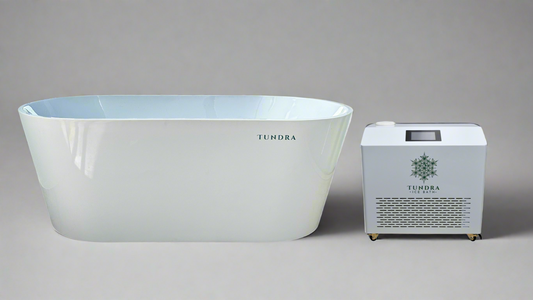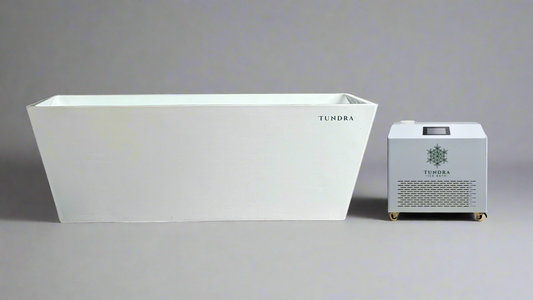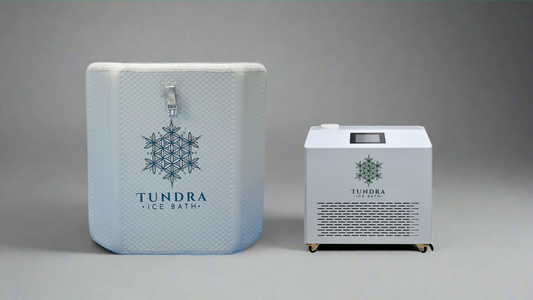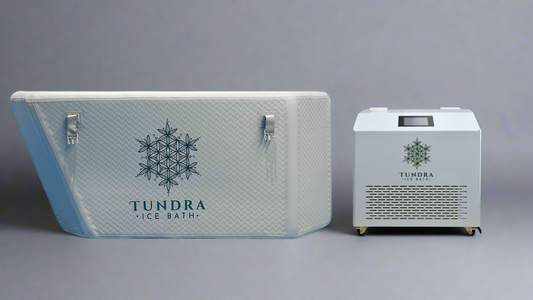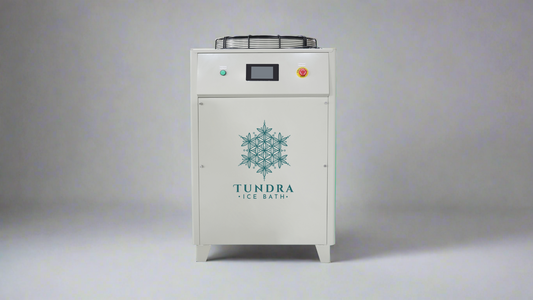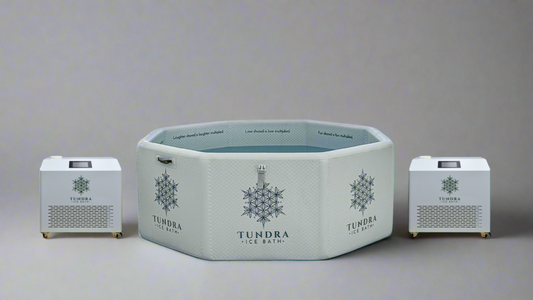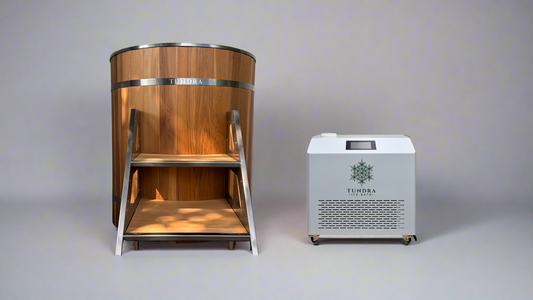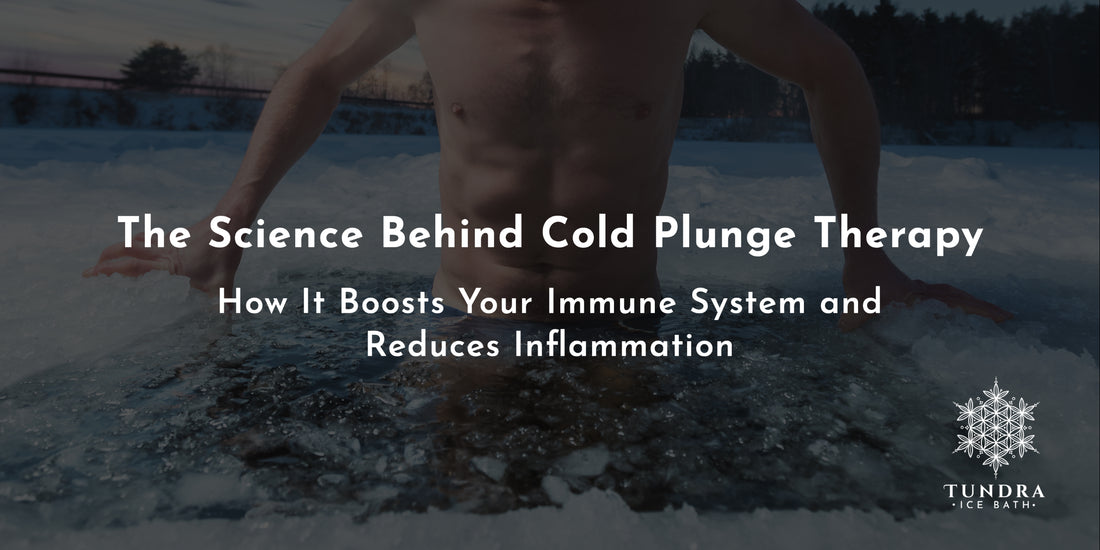
The Science Behind Cold Plunge Therapy: How It Boosts Your Immune System and Reduces Inflammation
Share
Introduction
Cold plunge therapy has gained considerable attention in recent years for its numerous health benefits. From professional athletes to health-conscious individuals, people are incorporating cold plunge sessions into their wellness routines to improve overall well-being. In this blog post, we will delve into the science behind cold plunge therapy, focusing on how it boosts the immune system and reduces inflammation.
Understanding Cold Plunge Therapy
Cold plunge therapy, also known as cold water immersion or ice bathing, involves submerging the body into cold water (usually between 50-59°F/10-15°C) for a short period, typically between 1-10 minutes. The sudden exposure to cold water triggers various physiological responses that can have significant health benefits.
Boosting the Immune System
When the body is exposed to cold water, it reacts by increasing blood circulation to maintain core temperature. This increased circulation helps transport oxygen and nutrients more effectively, ultimately strengthening the immune system. Additionally, cold water immersion stimulates the production of white blood cells, which play a vital role in defending the body against infections and diseases.

Research has shown that regular cold plunge therapy can lead to a higher concentration of immune cells, such as lymphocytes, monocytes, and granulocytes. These cells work together to fight off pathogens and keep the body healthy.
Reducing Inflammation
Cold plunge therapy is also known for its powerful anti-inflammatory effects. When the body is exposed to cold temperatures, it responds by constricting blood vessels, a process called vasoconstriction. This constriction helps reduce swelling and inflammation, particularly in muscles and joints.

Inflammation is a natural immune response to injury or infection, but chronic inflammation can contribute to various health issues, including arthritis, cardiovascular diseases, and autoimmune disorders. By regularly participating in cold plunge therapy, individuals can effectively manage and reduce inflammation throughout the body.
The release of the hormone norepinephrine during cold water immersion also plays a significant role in reducing inflammation. Norepinephrine acts as an anti-inflammatory agent, inhibiting the production of inflammatory molecules and promoting the release of anti-inflammatory compounds.
Moreover, cold plunge therapy stimulates the production of cold shock proteins, such as the RNA-binding protein RBM3. These proteins have been shown to decrease inflammation and promote cellular repair, further contributing to the anti-inflammatory effects of cold water immersion.
Getting Started with Cold Plunge Therapy
For those interested in reaping the immune-boosting and inflammation-reducing benefits of cold plunge therapy, it's essential to start slowly and allow the body to acclimate to the cold temperatures gradually. Begin with shorter sessions of 1-2 minutes and increase the duration over time as your body adjusts.
Always consult with a healthcare professional before incorporating cold plunge therapy into your routine, especially if you have any pre-existing medical conditions or concerns. Safety should be your top priority, and it's crucial to listen to your body and know your limits.
If you're intrigued by the benefits of cold plunge therapy and want to incorporate it into your wellness routine, don't hesitate to get in touch with us. Our team can guide you through the process and ensure a safe, effective experience tailored to your needs. Contact us today to start your cold plunge therapy journey!

